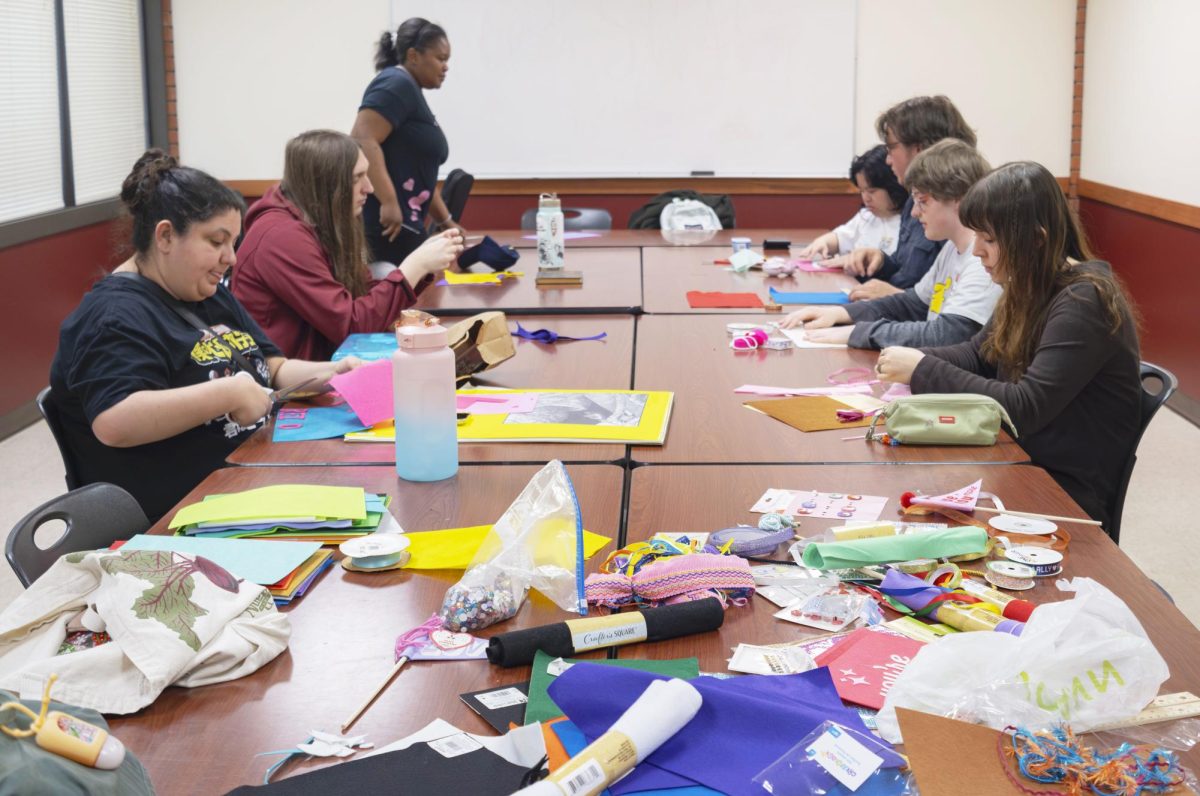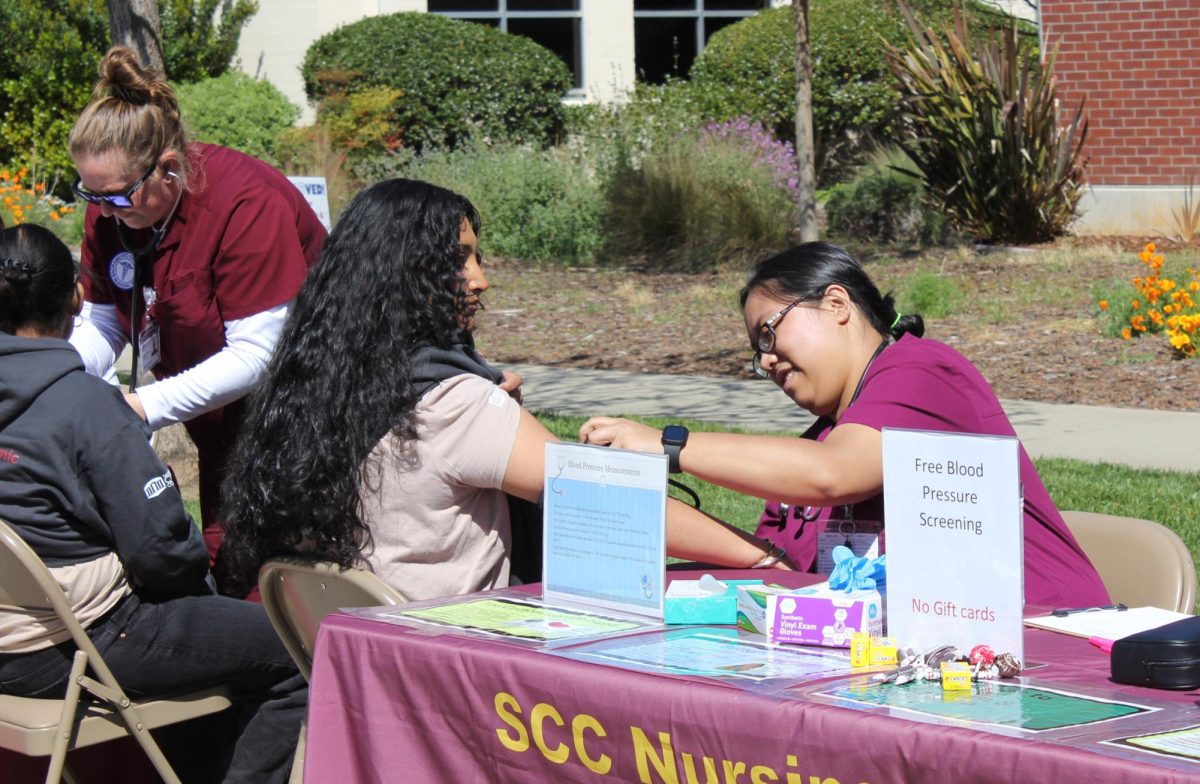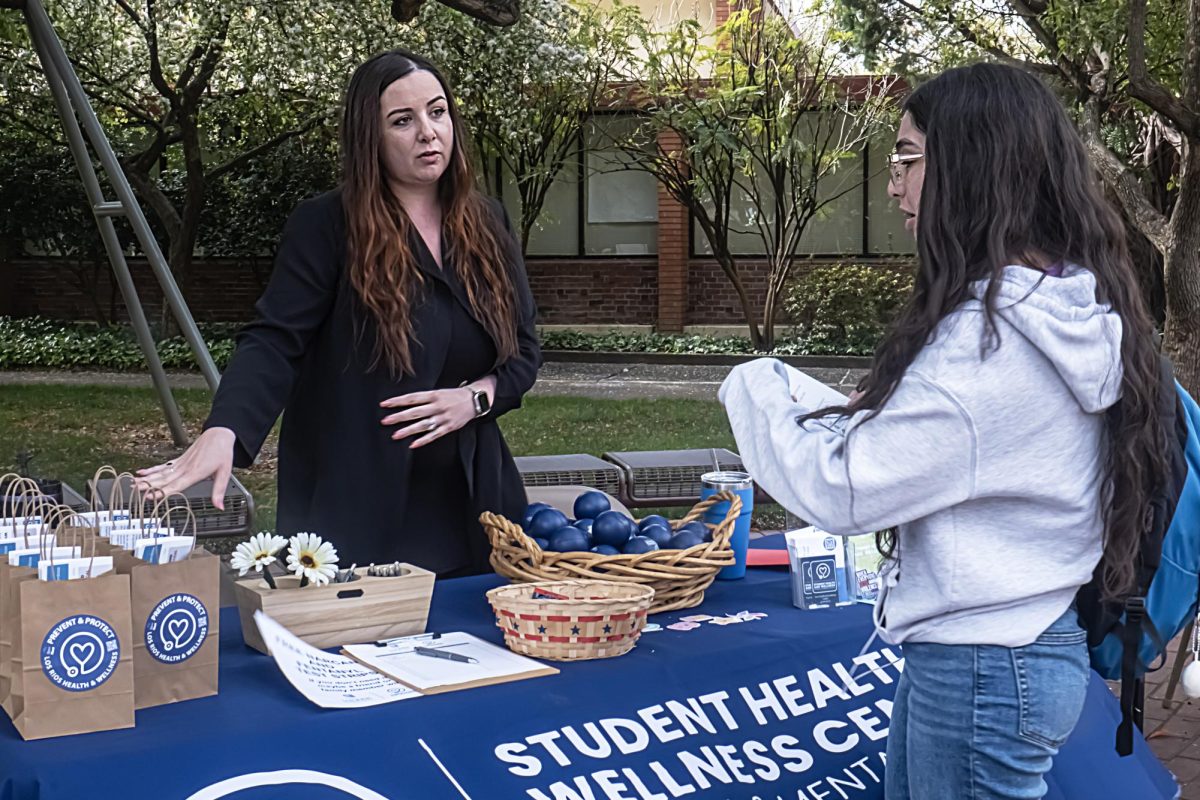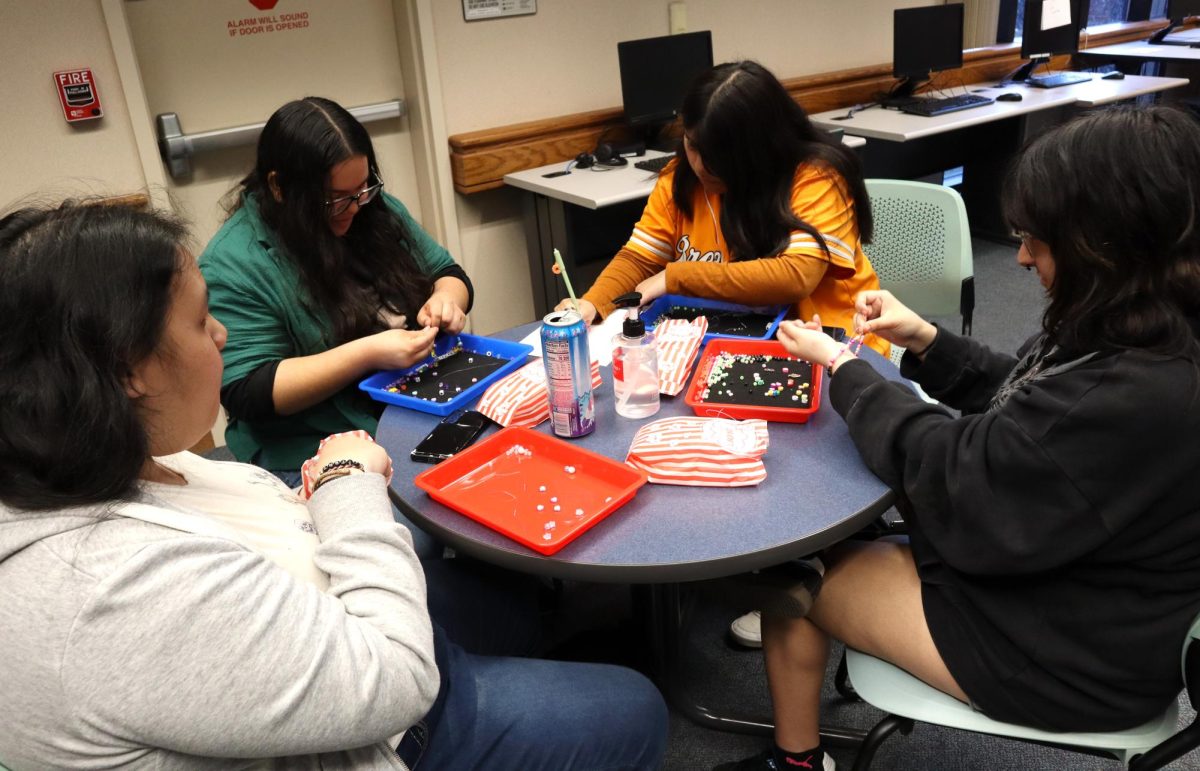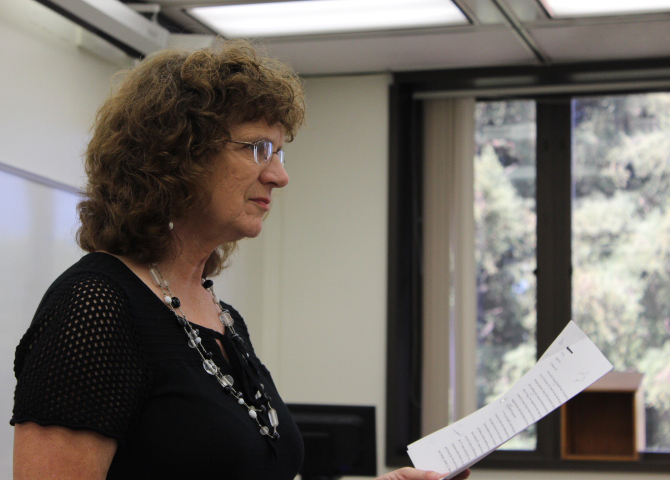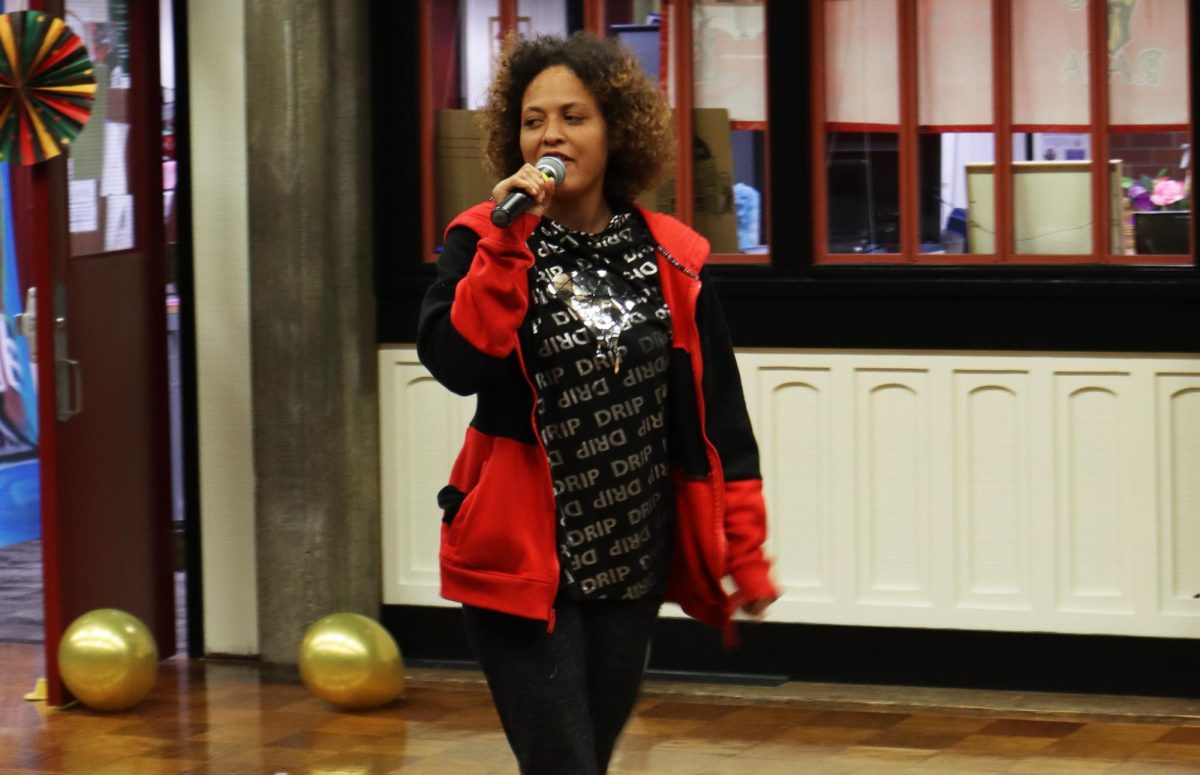City College offers many programs and services, so it is understandable that not everyone knows the difference between honors classes and the honors society. Some don’t know anything about the honors program at all. “Nothing,” says City College student Tazama Hunter, 17, when asked what she knows about the honors program.
In fact, the two programs are separate—though they often complement each other—and City College students utilize the advantages of both programs to in- crease learning opportunities, improve their transfer and scholarship chances, and come together in ways that benefit others as well.
“Everybody is there for business. Nobody takes the honors statistics [course] because they just need to check statistics off their list,” statistics and math professor Debbie Van Sickle explains. “They actually chose to take the class that’s harder and requires more work. From a statistical point of view, that’s a self-selected sample.”
There are 31 honors classes listed in the City College honors program. Seven are offered this fall, including World Litera- ture: Antiquity to the Early Modern World (ENGLT 480); History of the United States (HIST 483); and Survey of Music History and Literature (MUFHL 481), according to the eservices website.
“In [honors] classes you have students who don’t just want to pass the class, but also care about academics a little bit more,” explained former City College student Linda Plutino, who last year won the prestigious Regent’s Scholarship and now attends UC Davis.
Students must have at least a 3.0 GPA and eligibility for ENGWR 300 to enroll in an honors course. Complete four honors classes with a “B” or better, and a stu- dent earns the honors designation on their transcript and eligibility for the Transfer Alliance Program with UCLA, according to English professor Anna Joy.
But perhaps the biggest difference is the seminar format. The classes are But perhaps the biggest difference is the seminar format. The classes are smaller in terms of the number of students they enroll: the minimum and maximum Van Sickle.
Honors classes are not completely different than regular classes, said Plutino, who added that in some ways they are “more relaxed.”
That format may be harder to sustain in tough budget times.
“The classes now are changing because of budget cuts, so we have [more] blended classes,” says Joy, noting that applies to two honors classes this semester, “It’s not… just 15 or 18 students. You’ve got a [regular- sized class] with a component for the honors students doing a little bit more.”
In contrast to honors classes, there is also a student-run Honors Society at City College, part of the larger Phi Theta Kappa International Honors Society.
“What I’ve probably gotten most out of it is just getting to work and network with these great people that are really motivated, smart people,” says Honors Society President Jeff Nakata, stressing that every- one benefits from the friendships and bonds that are made working together.
And then there are the scholarships.
“Scholarships are one of the main reasons people join Phi Theta Kappa; it’s one of the biggest opportunities,” explains Nakata. “You get access to $37 million—just for Phi Theta Kappans alone.”
There is no fee to join the Honors Society, though there is a $60 fee to become part of the national organization. Last semester there were 140 students in the City Honors Society, and Nakata says sign-ups have been even more numerous this fall.
Since 2000 the Sacramento City College Foundation paid student fees, but funding cuts have left Nakata and Joy pursuing other options.
For a group used to raising money for charitable causes, needing to fundraise for the society itself feels a little weird, according to Nakata, who says brainstorming on fundraising possibilities is underway.
“When that day comes I know I will feel weird, and sort of bad, that we’re making money for ourselves,” admitted Nakata, who is pushing to use the group’s time and knowledge to help the community, if they can’t donate directly.
That’s because a core mission of the group is service, often in the form of community service projects.
Joy says last year the group worked with Women’s Empowerment to fundraise and assist in getting the message out that there is hope for women in abusive relationships.
This year the society is helping to host two debates on the propositions in the November election, and developing a student hotline, hopefully pairing students in need with honors mentors, Nakata says.
“It’s forcing us to really look at other things that we can do. So perhaps we’re getting more creative in our thinking, and also creative in the entrepreneurial aspect,” said Nakata on their response to the funding shortfall. “And that’s something that we can then in the future give away, if we have enough money.”
Nakata hopes the fundraising ideas developed by the society can then have “a synergistic effect,” so other groups can model and benefit from the work of the honors society.









